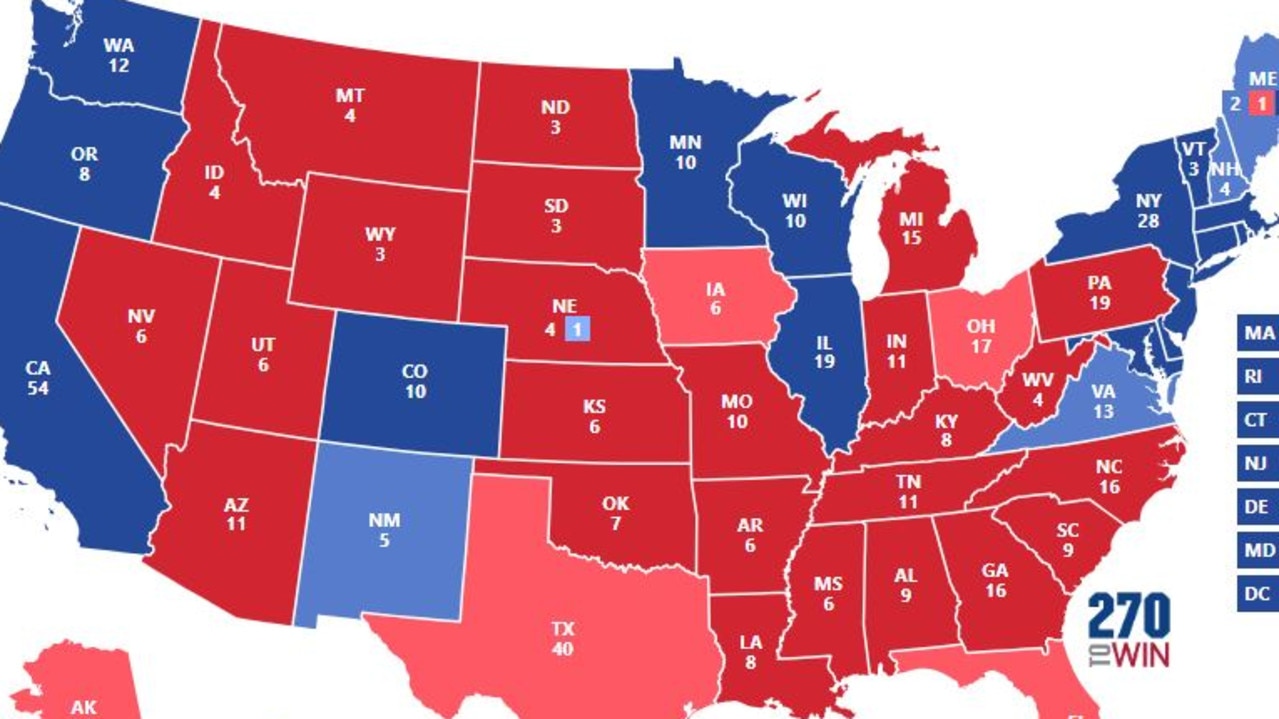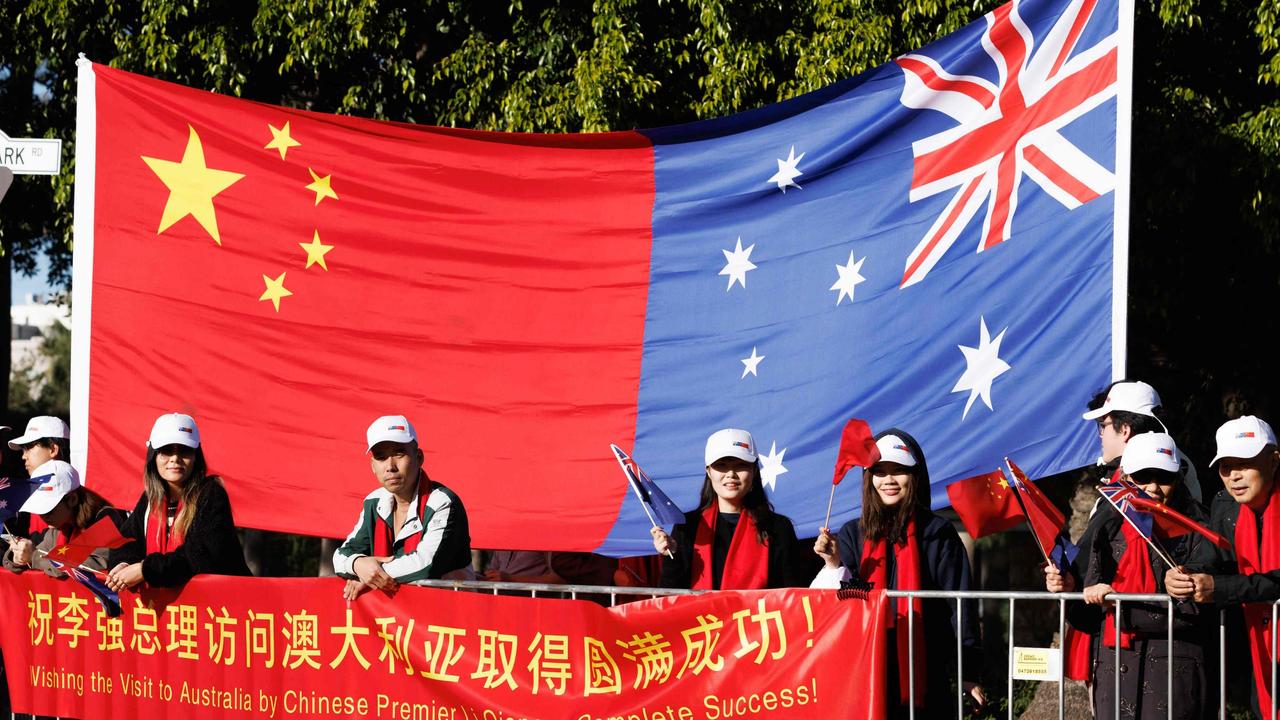‘How I scored a high-flying corporate career’
ROBERTO Mercade went from working in a factory to managing hundreds of employees at just 25 years old. Here’s how he did it.
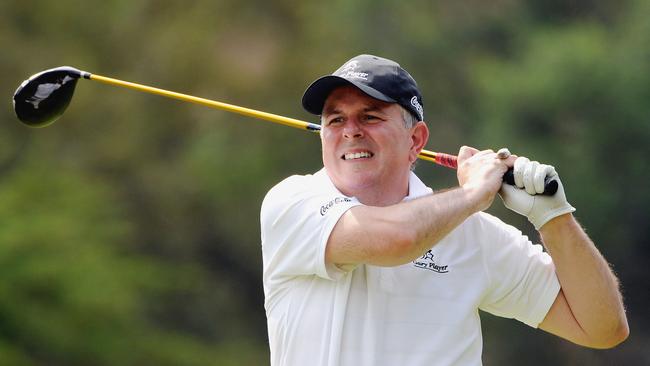
HE DIDN’T go to a prestigious university, and he hasn’t got an MBA.
But Roberto Mercade went from working in a factory to forging a high-flying career that has taken him to 10 countries, landing in Sydney two years ago to head up Coca-Cola’s South Pacific business unit.
It all started at the age of 25 when he fought off the Ivy League competition to score his big break, a promotion from packaging engineer to managing Coca Cola’s operations in the Carribean.
As one of 10 Australian business leaders auctioning off a mentoring session to raise money for ChildFund Australia, Mr Mercade joined Carnival Australia chief executive Ann Sherry and LinkedIn’s South East Asia Managing Director Clifford Rosenberg in sharing his tips for success.
WHAT WOULD YOU TELL YOUR YOUNGER SELF?
RM: Think big, think bigger. Don’t limit yourself to what you know today. Push your own boundaries. Being uncomfortable is good, because it pushes you. That internal constructive tension that comes from being uncomfortable is good. I’ve lived in 10 countries now and I’ve always pushed myself to think a little bit beyond what I know and excel in diverse environments.
DID YOU THINK YOU WOULD END UP WHERE YOU ARE?
RM: My mother claims that when she went with me to university and we were walking right next to the Coca-Cola building (I went to a university in the US that’s right next to Coke) and she said that I said ‘one day I’ll work there and I’ll be a boss there’. I don’t think that I wrote my goals down but ... I knew that I wanted to have an international career, so pretty early in my career I knew what I wanted. I think it doesn’t necessarily have to be written down in a Power Point presentation or a piece of paper, but you do have to have clarity around what excites you, what your passion is, what drives you, for you to be successful.
WHAT WOULD YOU DO DIFFERENTLY?
RM: I wish I’d followed what I liked rather than what somebody else told me I was good at.
I was very analytical and I ended up studying engineering. And I wasn’t cut out for a production or manufacturing environment, and that’s where I started. I pretty quickly found out that that wasn’t for me. A big learning would have been to follow what I liked rather than what someone else thought was going to be good for me.
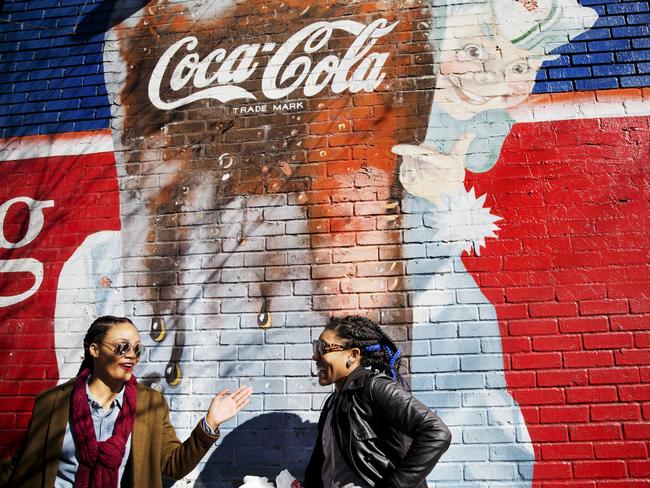
HOW DID YOU GET YOUR BIG BREAK?
RM: I applied for a job at Coke, in the engineering department which was my only way in ... Then I started making the right connections and networking for someone to believe in me and give me a chance to do something else. And that’s what happened. The general manager back then gave me the opportunity to manage operations in very small countries in the Carribean. It was a great opportunity because it was small, but also it had every aspect of running a big business. I was exposed to very complex situations in small scale, that I was able to learn quickly, learn from my mistakes and not have too much of an impact in the company back then, but really be very comfortable in many environments — whether it be talking to the owner of a business, the president of a company or a guy that’s selling products on the street. That was probably the biggest change in my career, when I was able to convince this guy to take the risk of putting a young, 25-year-old engineer in charge of operations in a regional market.
HOW DID YOU WIN THE PROMOTION?
RM: I did quite a bit of networking. I saw also what were his drivers, what were the things that he thought were important, so I played it smart. And then I also leveraged my strengths within that context. I remember vividly I was competing against one person from Yale, one person from Harvard, with masters degrees in business and there I was, an industrial engineer from Georgia Tech [a public university in Atlanta, Georgia in the United States]. And so I knew I needed to work really hard, I can tell you that. I tell my daughters that being smart is only half of it — you have to really work hard to get the other half done.
RM: DID YOU GET THAT MBA IN THE END?
No, I didn’t. I made that decision when I was getting an MBA and I was trying to do everything. I was trying to travel 80 per cent of my time, managing multiple territories, getting an MBA and starting to get a family, because I married a few years after that. Something had to give. I decided to put the study on hold and focus on what I was doing, and it worked out really well. Ten countries, god knows how many different airports we’ve been in but it’s been quite a ride.
WHO DO YOU LOOK UP TO?
RM: My father has been quite an influential person in my life. I also had the luxury of meeting two individuals over the course of my career who I found have wisdom beyond any other person I’ve met. Wisdom is an incredibly rare trait. I have done quite a bit of reverse mentoring over the years and I find it quite exciting and invigorating, especially millenials. I find that generation fascinating especially as it relates to their ability to be socially conscious — which is not something that was part of my radar as a Gen X when I was growing up.
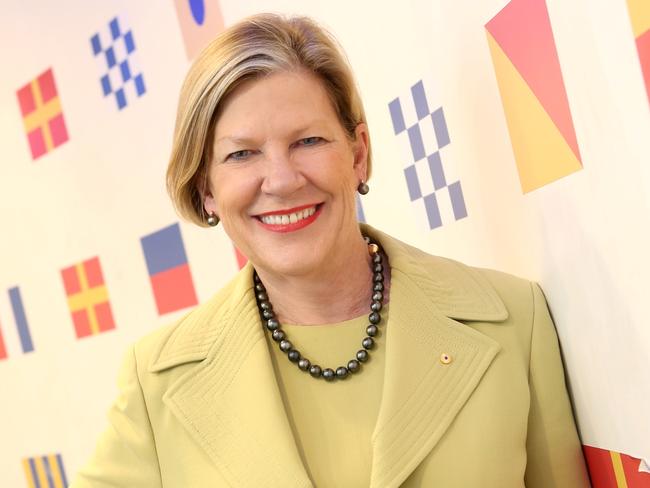
CARNIVAL AUSTRALIA CEO ANN SHERRY
What do I wish I knew when I was starting out? The world has changed so much, and I wish I knew that everything that was said to me about what was certain, was actually not certain.
I think that if your frame for the future is that there’s lots of opportunity and who knows what it’s going to look like, you probably will think differently ... There were very few women when I started out; the idea that women could do anything was not really articulated.
There were a couple of women who were politicians or relatively high profile, and they were absolutely the exception, and so to my younger self I’d say: ‘Imagine yourself doing anything you could see’, as opposed to ‘imagine yourself doing anything other women have done’. The realm of possibility needs to be bigger than you can see around you, when you’re starting out.
The other thing is you get caught up in what your family and friends are doing around you. So most people’s universes are defined by the things that you see around you.
My first career path was in radiography, because my family were in health services. It’s only really when you step outside the influence of your immediate circle of family and friends that you realise there’s lots of things that you just didn’t know. I always say to people: ‘You don't know what you don't know’. So make sure you’re inquisitive about what else there is, and just think bigger than the advice you get — as well intentioned, well meaning and well informed as it may be.
People only know what they know. Also, all of us have the opportunity to help someone else, even if it’s just one person. Relatively small things make a difference in people’s lives, and all of us who have education, who don’t live in violent environments, who live in safe communities have the opportunity to reach out to one other person.
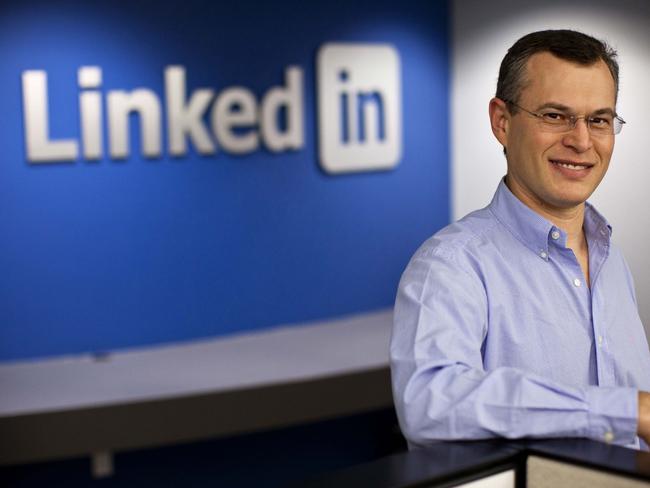
LINKEDIN AUSTRALIA AND SE ASIA BOSS CLIFF ROSENBERG
The one thing I learned early on is the importance of surrounding oneself with valuable mentors.
I kind of think of it as having one’s own personal board of directors — people that you can turn to for advice on specific topics of interest, people who can shape your thinking, give you valuable insights, share their own leanings. And, just as with any board of directors, over time that board that you surround yourself with of trusted mentors and advisers, that may change over time.
That will shift and change as you grow up and move in different directions. That was one of my key leanings, that one is not to be expected to know everything and one is to be very self aware.
And to learn how to leverage the learning and insights of others who have been before you and who are willing to share their experiences. I think early on I probably got lucky in that I was lucky early on in my consulting career, I just ended up being surrounded by some incredibly insightful people. One was superb on relationship management and how to build rapport, and he taught me a specific skill set on that. Another was very insightful on how to interact with CEOs, for example. My advice to someone early in their career is to put together a very considered plan about surrounding oneself with the right people.
If you want to hear more gems of wisdom from these business leaders, or the other seven participants, bidding in the MentorMe charity auction is open until 5pm on March 16.


